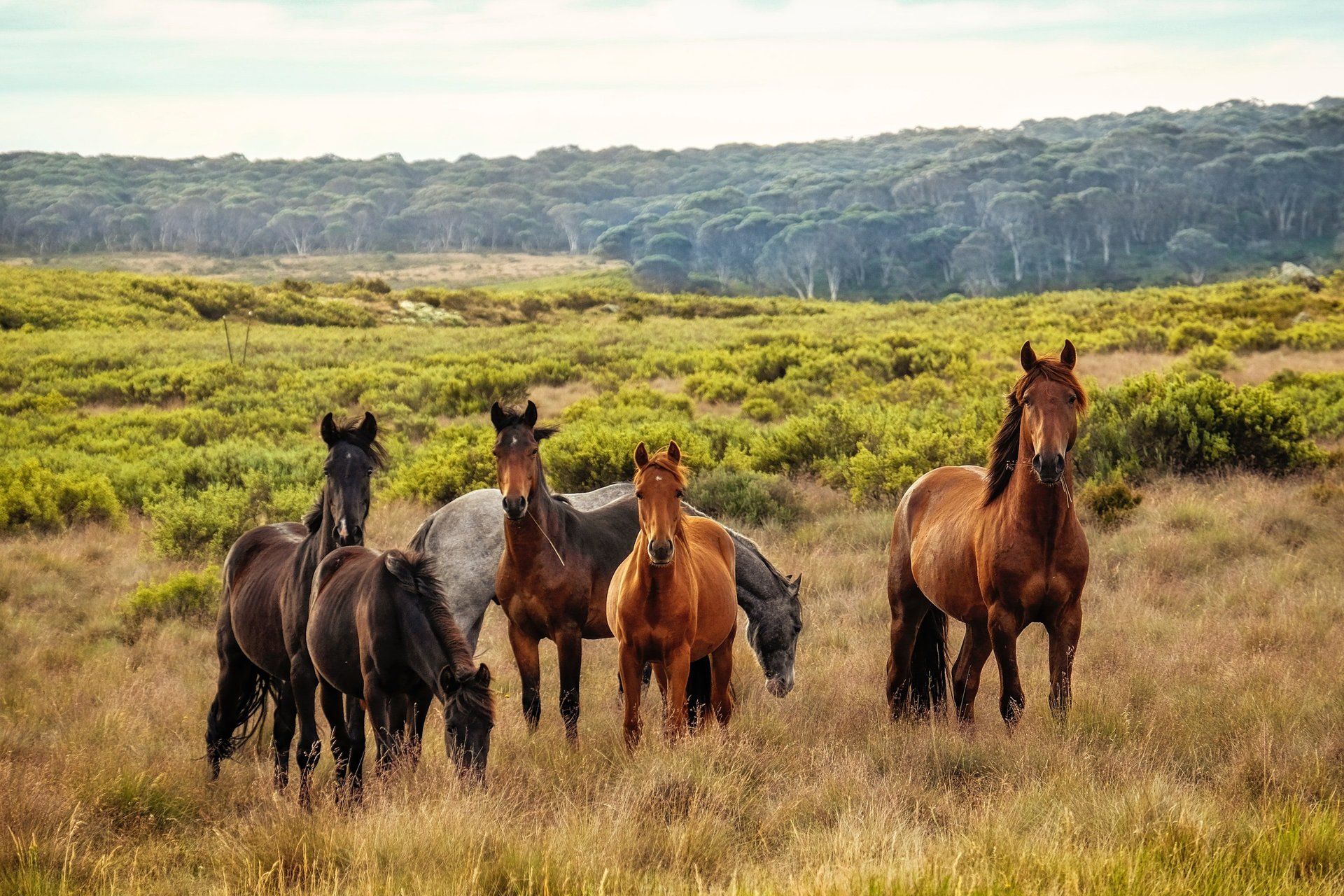When Time Stood Still
Good? Bad? It's What We Make Of It, eh?
Note: This is a short piece I wrote years ago, edited slightly here, to talk about adversity. I've written about adversity before (see Eating Sloppy Joe - Thriving In Difficult Times for example), but it feels like we are in very trying times just now. Ones that will test our character, perseverance, and resilience. This little story of mine always reminds me of the old "good news, bad news, who can say" parable (I have it at the end here). Getting "impacted" - that is, losing my job - opened up an entire new career for me, though it was a real gut-check at the time. I had to think seriously about myself and my life.
When Time Stood Still
Our department was being reorganized. Each of us had to reapply for the job we’d had. It was a humiliating experience. The day of reckoning came. I remember sitting in my little cubicle, drumming my fingers on the PC keyboard. The entire floor was muted, like a big Maxwell Smart Cone of Silence. I felt confident that I would not be harmed. After all, I was a senior staff member and a past president of our state professional organization. I got along with everyone. Drum, drum, drum. It was no use looking at the computer screen. Minutes went by and I was still rereading the first sentence. Drum, drum, drum.
The staff assistant stepped through the glass doors. 20 pairs of eyes impaled the messenger, waiting for the words. “He wants to see only two of you. “Susan”, you first…..then Mike.” Then Mike! Was I saved or was I doomed? 10 minutes stretched like an hour. “Susan” walked by - inscrutable. Now me. The steps through the glass door, the nervous shuffling outside the elevator door, walking down the hall. Into the office. Sitting. “Mike, it’s hard for me to say this, but in our new organization we won’t be needing you anymore.* I want to tell you how much….” The rest faded into nothing.
Time stood still.
The return trip down the hall - in my mind now death row, down the elevator - my descent into hell, through the glass doors to my cubicle, as 19 pairs of eyes now impaled me, was as one tick of the clock. Time stood still from the words “We won’t be needing you” until I arrived home four hours later, taking a detour along the way to watch a mindless movie. I needed to work through the numbness before facing the family.
I thought my life was devastated the day that time stood still. But, as a good friend of mine often humorously says, “I've had so many troubles in my time. (He pauses.) And some of them even happened.” Two weeks later I was rehired into an entirely different area. One that I might never have entered otherwise. Life again was full of promise.
*Of course, the actual words may have been something like "In the new organization, your position has been eliminated" but, of course, I heard that I wouldn't be needed in the new organization.
Thoughts about When Time Stood Still:
Being "impacted" - that is, losing my job - was a real wake up call for me. It forced me to look at myself clear-eyed, and I found some real weaknesses - not in skill so much as in my own character - and, shall we say, opportunities for growth. Every tough time I've been through has helped me learn and, though I wouldn't have chosen to go through them, I've learned a lot about myself and about what is really important.
This isn't the only time I've had to think deeply about who I am and the kind of person I'd rather be.
It won't be the last.
Good News, Bad News. Who Can Say?
(This parable has been told in many places. Here I copied the story from here: http://www.spinwwweaver.net/goodnews.html
There is a Taoist story of an old farmer who had worked
his crops for many years. One day his only horse ran away.
Upon hearing the news, his neighbors came to share his sorrow.
"Such bad luck," they said.
The farmer replied, "Good news, Bad news - just the same."
The next morning the horse returned,
bringing with it three other wild horses.
"How wonderful," the neighbors exclaimed.
"Good news, Bad news - just the same," replied the old man.
The following day, his son tried to ride one of
the untamed horses, was thrown, and broke his leg.
The neighbors again came to offer their sympathies at his misfortune.
"Good news, Bad news - just the same," answered the farmer.
The day after, military officials came to the village to
draft young men into the army. Seeing that the
son's leg was broken, they passed him by.
The neighbors congratulated
the farmer on how well things had turned out.
"Good news, Bad news - just the same," said the farmer.












